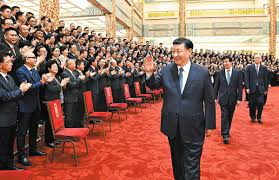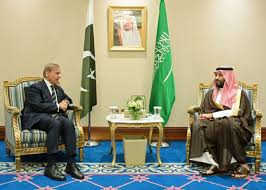Sweden hints at introduction of EU migrant ‘return hubs’ in near future

Brussels: Swedish Prime Minister Ulf Kristersson announced that the EU might be ready to pitch a proposal on the creation of so-called ‘return hubs’ for irregular migrants outside the bloc within two months.
Prime Minister Kristersson said the suggested timeline for launching the project could be as early as March 2025.
This comes after EU leaders in October announced that they would consider enacting a new scheme that would have migrants with no right to stay in the bloc sent to hubs in countries considered to be safe outside the EU.
Kristersson also noted that he had discussed the proposal with EU Commissioner for Migration Magnus Brunner, who indicated that a blueprint for the scheme would be unveiled in the coming spring.
Kristersson made the remarks during a visit to Vienna to meet with Austrian Chancellor Karl Nehammer.
Both politicians share a conservative political outlook, especially in immigration matters, and both men have been asking the European Union to step up its efforts to clamp down on irregular migration.
The Austrian chancellor meanwhile said that public views on immigration issues had changed “completely” due to governments like his taking the issue more seriously and proposing solutions for the entire bloc.
He said that countries with no external EU border, such as Austria, were now far more involved in the migration debate.
“Only when we recognize that the problem must be solved together do we have a chance of making progress,” he added.
Nehammer also praised Kristersson for keeping immigration a core issue on the EU’s political agenda.
According to the Austrian chancellor, there are now 18 countries in Europe — mainly EU members — that share similar views on curbing migration.
The issue of irregular migration remains one of the top issues in the EU, as support for far-right parties has grown steadily in recent years.
With Germany about to go to the polls next month, migration and asylum are some of the biggest talking points in the run-up to the general election in the EU country, which hosts the highest number of asylum seekers in the EU.





